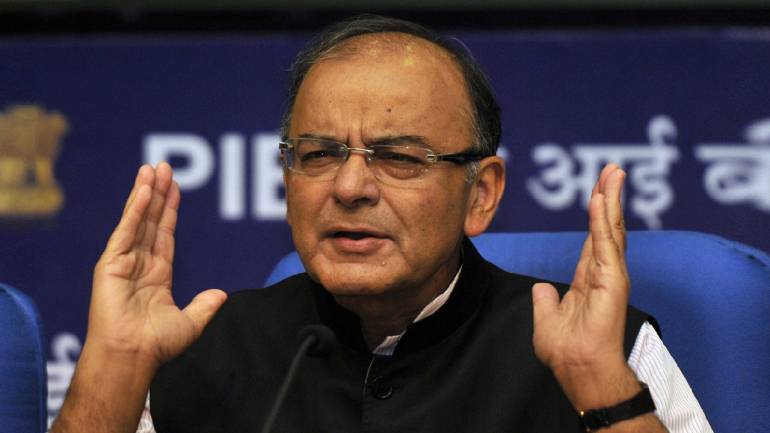
Before we usher in the new year, let’s take a look back at the important events that shaped the Indian economy in 2017.
1. The Goods and Services Tax (GST) was finally implemented on 1st July 2017. GST is the biggest tax reform in India since independence and has united the entire country into a single market.
Though the chaotic roll-out of GST had affected exports and GDP, it has recovered from the initial disruption.
(Read: What is GST?)
2. India moved up 30 ranks in the World Bank’s ‘Ease of Doing Business’ report for 2018. India registered its highest ever increase in the rankings on the back of bold reform initiatives.
India is among the top 10 improvers in the world. It is also the biggest gainer in South Asia. Read more
3. Moody’s upgraded India’s sovereign rating after 13 years: International credit rating agency Moody’s upgraded India’s sovereign bond rating for the first time in 14 years. The last upgrade had happened in 2004.
It is an endorsement of the structural reforms undertaken by the Modi Government.
The reforms particularly mentioned by Moody’s in their press release were:
- Introduction of Goods and Services Tax.
- Improvement in the monetary policy framework (Read: Monetary Policy Committee Explained)
- The recapitalisation of public sector banks to tackle the twin balance sheet problem.
- Demonetisation. (Read: What is Demonetisation?)
- Use of Aadhaar card to transfer subsidies directly into the bank account of the intended beneficiaries. Read more
4. The Government announced bank recapitalisation worth Rs.2.11 lakh crore. The Government decided to infuse Rs. 2.11 lakh crore capital into the public sector banks (PSBs) over the next 2 years. It was done to tackle the twin balance sheet problem in India. Read more.
Bank recapitalisation, along with the Insolvency and Bankruptcy code will help in cleaning the mess in the banking sector and restore it to health in 2018.
5. The Government launched the Bharatmala project to revive investment.
The Bharatmala project is the second largest highways construction project in India since the National Highways Development Programme (NHDP).
The National Highways Development Programme (NHDP) was launched by the Atal Bihari Vajpayee Government in the year 1998. Under NHDP, almost 50,000 km of highway roads were targeted across the country. Read more
6. Japan PM Shinzo Abe visited India for a bilateral meeting. He signed many agreements including the bullet train project. A post was written by Piyush Goyal, the Minister of Railways and Coal on Quora explaining the importance of bullet train. You can read it here
7. Aadhar has been made compulsory to avail almost all services. The Government of India has even made Aadhar card compulsory for filing income tax returns and applying for PAN. The Aadhar has to be linked to your bank accounts and mobile numbers as well.
While Aadhar has become an essential part of the Government service delivery mechanism. it raises serious privacy concerns. India needs a strong privacy law and an independent regulator to protect our data from theft and misuse.
(Read: Here’s all you need to know about Aadhar Card)
8. Bitcoin set new records this year. The value of Bitcoin surpassed the $14000 mark. However, the Reserve Bank of India warned the public of the risk of cryptocurrencies.
(Read: Bitcoin- What & How- All Your Questions Answered)
9 Richard Thaler was awarded the 2017 Nobel prize in Economic Science. He was a Professor of Economics at the University of Chicago.
Thaler has been recognised for his ‘contributions to Behavioural Economics. His work on ‘nudge theory’ has important implications for public policy across the globe. Read more
Bonus reading:
The Government is expected to introduce the FRDI bill in the ongoing winter session of the parliament. Read this article to understand the repercussions of the bill.
FRDI Bill: the risk to your deposits will remain the same
Wish you all a very happy and prosperous 2018.
Liked this post? Don’t forget to share